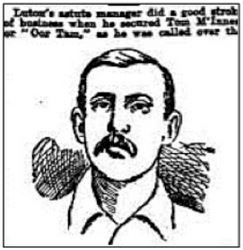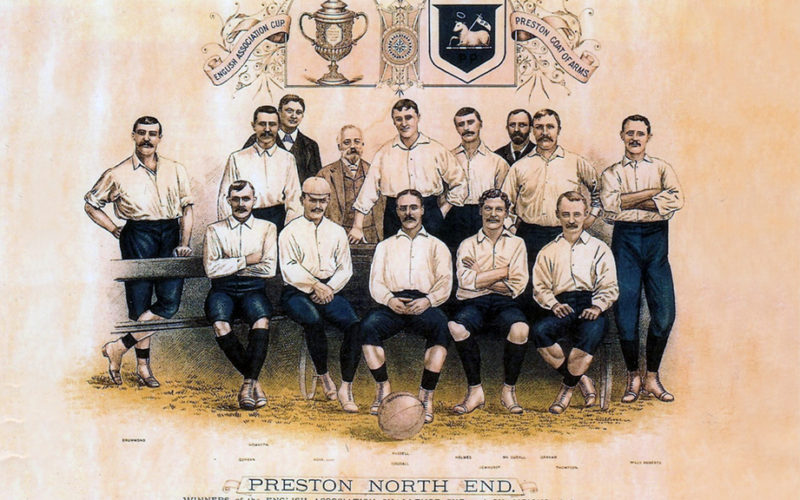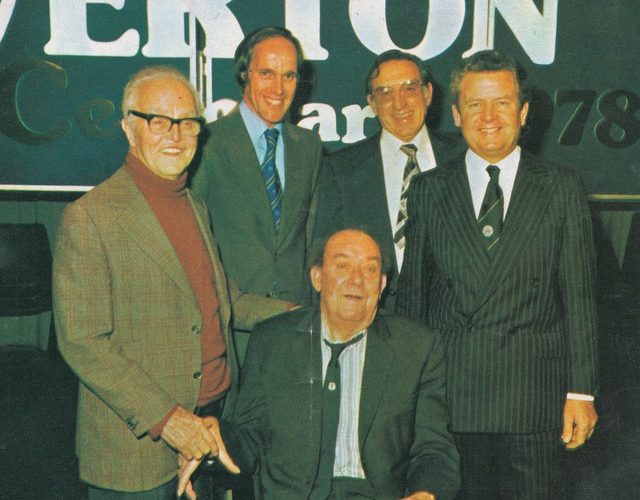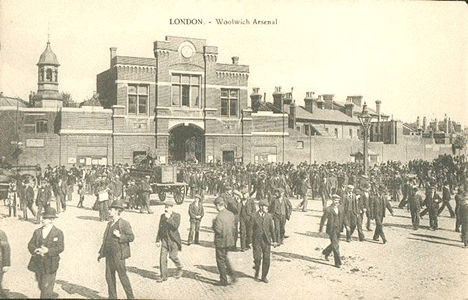The Life and Times of Frank Brettell
The name of Everton forward Francis Edward Brettell first appeared on the Liverpool census in 1871 when he was reported as living at No 5 house, Court 13, on Boundary Street. His Father, William Brettell, listed his occupation as that of a nut and bolt maker, and gave his birthplace as West Bromwich in Staffordshire. His wife Harriet, the mother of Frank, was born in Devonshire. Nine year old Frank, born at Smethwick in Staffordshire, was the eldest of her three children. The premature death of Harriet, in 1881, saw Frank, along with rest of the family, move in with…




